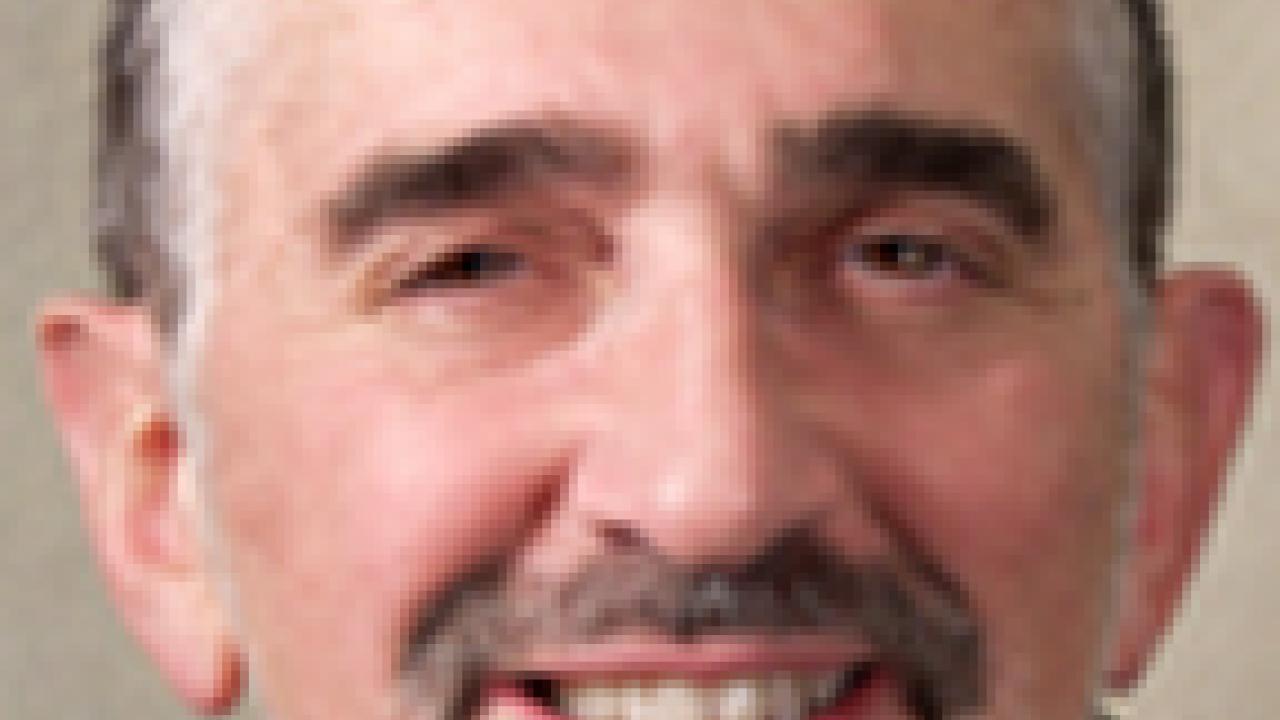Ken Verosub has always been interested in the interface between science and public policy. So last fall when the UC Davis distinguished professor of geology heard that the U.S. Department of State was searching for a handful of experienced researchers and engineers from the academic community to serve as science advisers, he was quick to apply for a post.
Now Verosub is headed to Washington D.C., for a year as a Jefferson science fellow charged with educating and advising State Department officials and staff on a range of hot scientific and technical issues.
When he received word of his appointment, “I was delighted, really excited; I was ready to get on an airplane and go,” Verosub said. “A lot of my research and teaching have focused on such issues as how geological processes affect water policy, climate change and so forth. For 20 years I’ve been moving more and more in this direction.”
Science: ‘Rightful place’
But he’s going to have to wait until mid-August before joining the ranks of policy wonks in the nation’s capital. That’s when the new term begins for this year’s group of Jefferson fellows, an elite corps of scientists and engineers serving in a program administered by the National Academies and supported by a partnership of academic institutions, professional scientific societies and the U.S. Department of State.
Tenured faculty at U.S. colleges and universities are eligible to apply to the program. Applicants are evaluated on their stature, recognition and experience within the scientific community, as well as on their ability to integrate complex science issues with public policy and to communicate these issues to the public.
This year’s group of 10 fellows is the largest since the first group of five scientists began the yearlong term in 2004.
“President Obama said in his inaugural speech that science would be put in its rightful place during this administration,” said Winston Ko, dean of the Division of Mathematical and Physical Sciences. “Ken’s appointment is evidence of that commitment, and it indicates that in matters of science and technology, the United States will be represented to the world through prominent scientists.”
Verosub won’t know until he arrives in Washington what his assignment will be.
“I get the impression that when the fellows arrive, it’s going to be like a fraternity rush,” he said. “We’ll be interviewing at many different offices and bureaus to find the best fit between our backgrounds and their needs.”
Peak oil and foreign policy
One of the hot issues that Verosub hopes to be involved with is peak oil: the concept that at some point in time, the total amount of oil that can be extracted from the ground all around the world will reach a peak — after which, extraction begins declining.
“That’s what I wrote about in a long essay for the application,” he said. “This has really interesting foreign policy implications, because if the government believes in peak oil, then we might end up not supporting some of the countries that we presently support.”
The concept also applies to an array of other resources, he said. “Peak copper, vanadium, titanium, phosphorous… Some people argue that we’ve already seen the peak of some minerals,” he said.
To prepare for his fellowship, Verosub has been spending extra time on the phone and online, building a robust network of scientific contacts.
“If I’m asked to work on something,” he said, “I may not know a lot about it. But I’ll definitely know who to call to get started.”
Media Resources
Clifton B. Parker, Dateline, (530) 752-1932, cparker@ucdavis.edu
